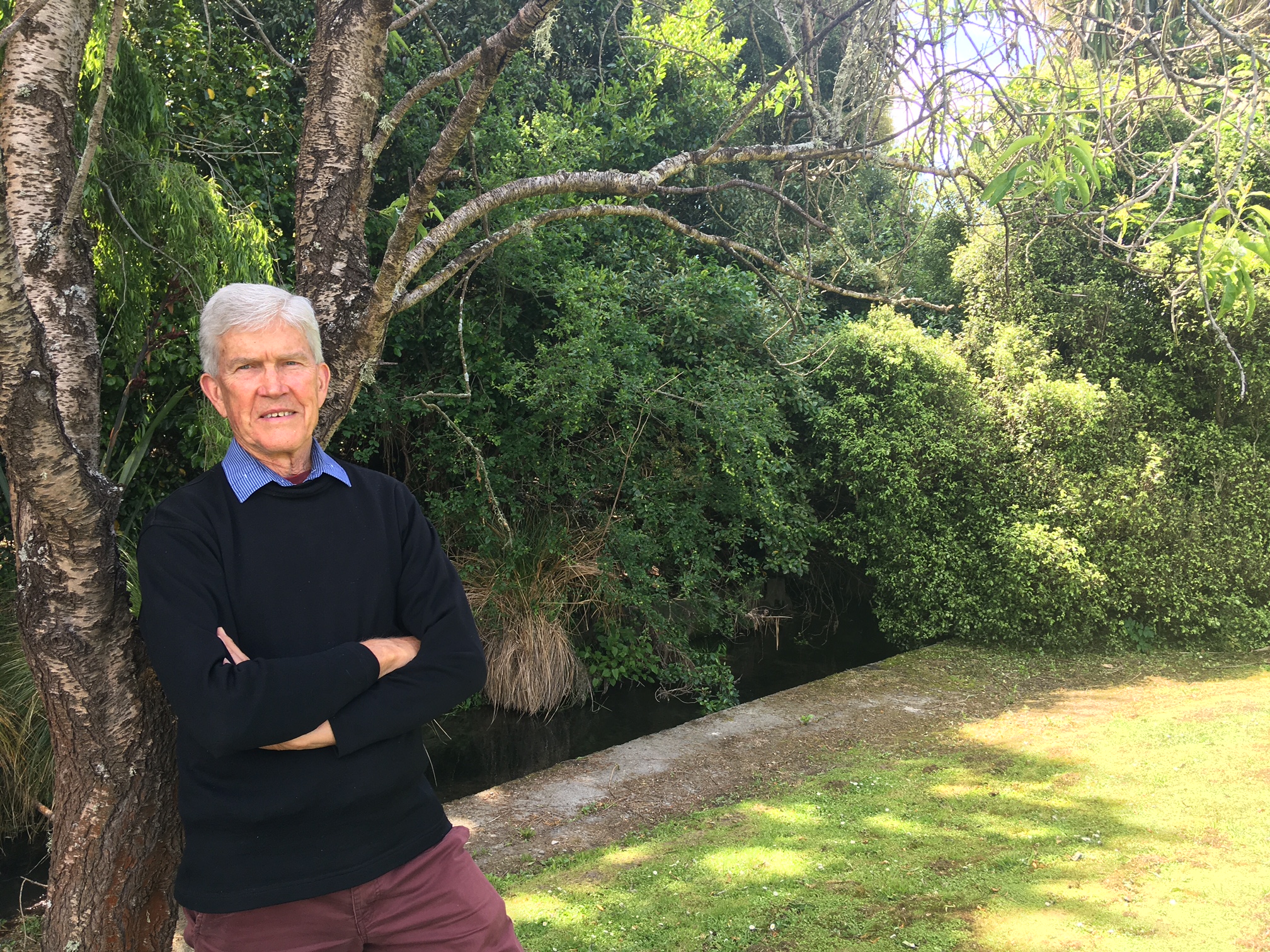He has been at the helm of Central South Island Fish & Game Council since the organisation came into being in 1991.
But, come February, chief executive Jay Graybill will stand down to make way for only the second person to take the role in the organisation’s history.
He is the longest-serving chief executive of a Fish & Game council in New Zealand — the sole survivor of the first appointees nearly 32 years ago.
It is time, Mr Graybill said, for him to retire, but he will miss the people and the day-today engagement with people in this region and throughout New Zealand.
‘‘But someone else can come along and do the job, I’m quite sure. No-one is irreplaceable.’’
American-born, Mr Graybill arrived in New Zealand in 1982, armed with bachelor and masters science degrees from the University of Washington, in Seattle.
His qualifications in fisheries science, specialising in the biology of salmon and trout, and a background of work in various research roles and with the Federal Energy Regulatory Commission in Washington DC, saw him snapped up by New Zealand’s then Ministry of Agriculture and Fisheries.
Working in the fisheries research division, Mr Graybill was the consultant assessing the fisheries values of the lower Waitaki River at the time the hydro-electric scheme Project Aqua was being mooted.
The move was somewhat ‘‘sight unseen’’ and something of a culture shock — more so for his wife Lesley.
Mr Graybill had come from the small town of Wenatchee, in Washington State, whereas Mrs Graybill was from Washington DC, where three million people lived in a 56km radius, and the smallest places she had ever lived had populations of at least one million people.
‘‘So our first comparison was three million people, and 60 million sheep.’’
‘‘Before we came over, I was keen to read any news about New Zealand, so I was checking The Washington Post , and I looked and looked and never found anything.
‘‘Then one day, I found a one column article that mentioned a South African rugby team coming to New Zealand and there being protests. I didn’t quite understand . . .and the team was called the All Blacks?’’
A trip to the New Zealand Embassy yielded little more
‘‘I found a picture book, in black and white, of New Zealand from the air. In every town, no matter how big or small, there was a horse race track, so that made quite an impression on me.’’
Mr Graybill was on a three-year contract, which stretched to nine, and then, in 1991, the Conservation Law Reform Act came about, which merged acclimatisation societies to form Fish & and Game councils.
He put his name forward, becoming the first manager of the newly-formed Central South Island Fish & Game Council.
‘‘It was a whole new world, a new organisation with new challenges.’’
With a transitional council in place until the first election was held, bringing together staff from the three former societies, and appointing new, there was plenty to do.
The Resource Management Act was then introduced, and was to become a major focus for Fish & Game.
The new organisation set up shop — literally —in a former shoe store in Temuka’s main street, before moving to makeshift offices in Richard Pearse Dr, with council meetings held in an adjacent building.
While not ideal, the set-up served the council until 2000 when approval was given for purpose-built premises.
Chairmen and councillors have been and gone, as have staff — although not many; Central South Island has a high retention rate, and decades of service are not uncommon.
Mr Graybill speaks highly of the staff — those with him at the start, and the current workforce.
‘‘The staff have always been dedicated to the values of Fish & Game, always thinking, ‘what is best for the angler and the game bird hunter?’ They have been loyal to me, and to the organisation.’’
There have been challenges in the role.
‘‘As chief executive of an organisation with council members that come and go, there were always going to be personalities and politics to deal with.
‘‘I have always taken that as just part of the job. To do the best job you are capable of and do it with the utmost integrity, and let that integrity flow on to build the credibility of the organisation.’’
He has worked for a number of chairmen over the years, but says three are standouts in his view — Gary Rooney, Matthew Hall and Andrew Simpson.
Mr Rooney and Mr Hall were both in the chair during the five-year process to gain a water conservation order for the Rangitata River, and Mr Simpson was central to improvements made to the council’s governance policies.
Mr Graybill said Central South Island had outstanding fishing resources; and the national angler survey carried out every seven years had reflected that.
‘‘If you consider the hydro canals as ‘a river’, they would be the most fished river in the country, in terms of angler days. And Lake Benmore is second only to Lake Taupo, so those are big responsibilities for a region to deal with and manage.’’
Mr Graybill will continue working until early March to ensure an adequate transition period. After that, a trip to the US is on the cards.
So while he won’t be breathing down his successor’s neck, he can offer some advice.
‘‘Remember the importance of communicating with your staff and with your colleagues and licence holders in a transparent and good-faith way, and remember the importance of integrity in everything that you and your staff do to build credibility and trust in your organisation.
‘‘I think those principles have served me well, and I think they would serve my successor well.’’





